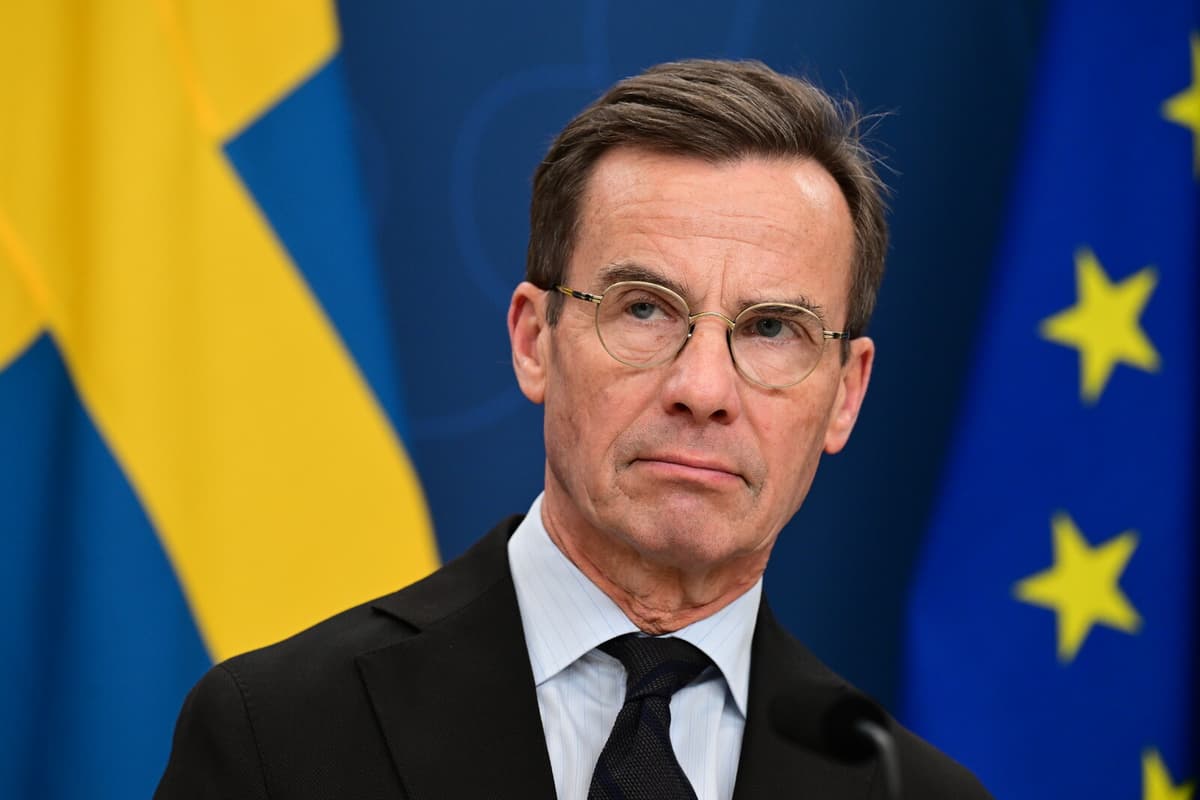According to the Statistics Bureau, the climate-hazardous emissions from Sweden have clearly increased for the first time in several years during the first half of the year, by around five percent.
According to researchers, the increased use of fossil diesel is an important reason, as well as the government's decision to significantly reduce the reduction obligation at the turn of the year 2023/2024, i.e., the requirement for the share of biofuels in fuels.
But it does not come as a surprise to the Prime Minister. It was fully calculated, according to him, and is due to the previously high fuel prices, which were an effect of the higher levels of the reduction obligation. He points out that almost all parties now agree that the fuel prices became far too high with the increasingly higher reduction obligation.
In the short term, the emissions will decrease. The government's promise is that they will turn downwards again next year and onwards. From the turn of the year, the reduction obligation will be increased slightly to 10 percent, albeit far from the previous levels of 30 percent on diesel, while the tax is reduced.
And thus the emissions will decrease again. We are following a plan. There are several goals that must be achieved simultaneously, says Ulf Kristersson in response to a question from TT about whether he believes the government is pursuing a good climate policy.






